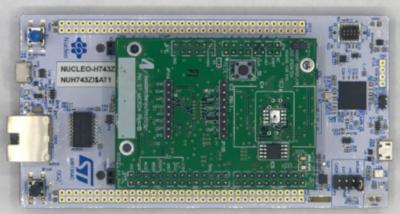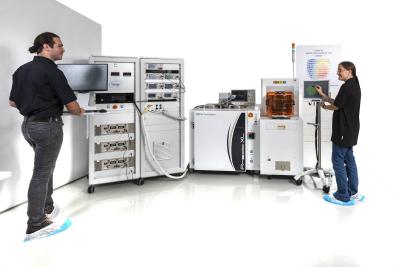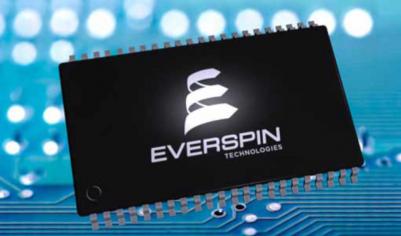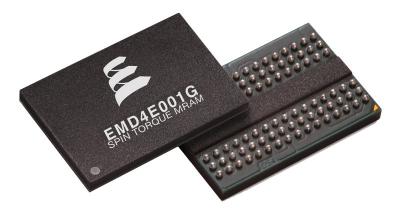TSMC shows its eMRAM technology roadmap
During a presentation during Persistent Memory Summit, a new slide from TSMC was shown that describes the company's eMRAM roadmap:
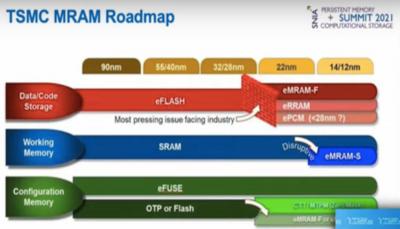
As we already know, TSMC is offering 22nm eMRAM option as an eFlash alternative. The company is also looking to develop 14/12 nm eMRAM option to replace SRAM memory (this is interesting as before it was revealed that the company is developing 16nm MRAM). Finally eMRAM is touted as a possible replacement for configuration memory (eFUSE / OTP / Flash).
